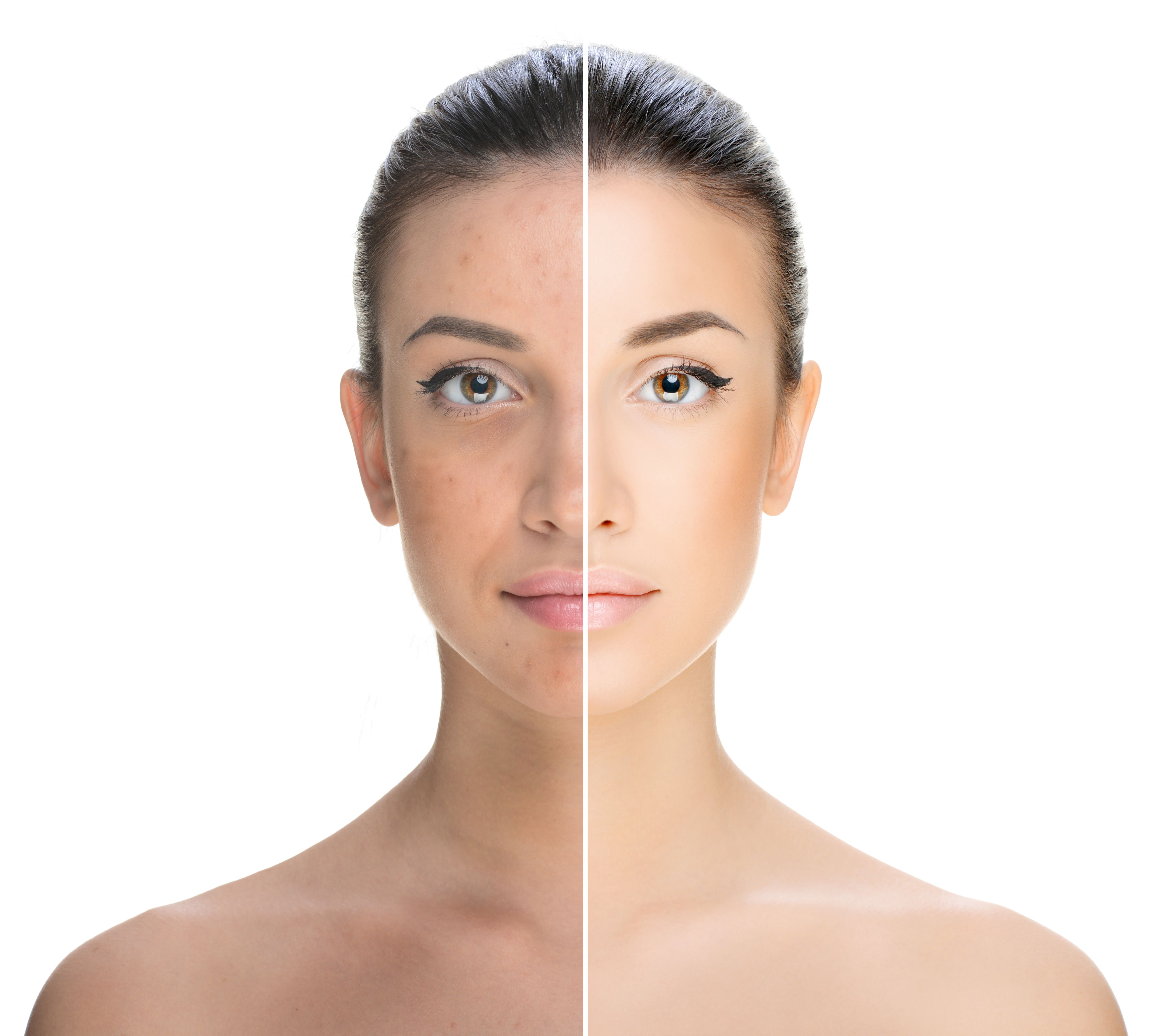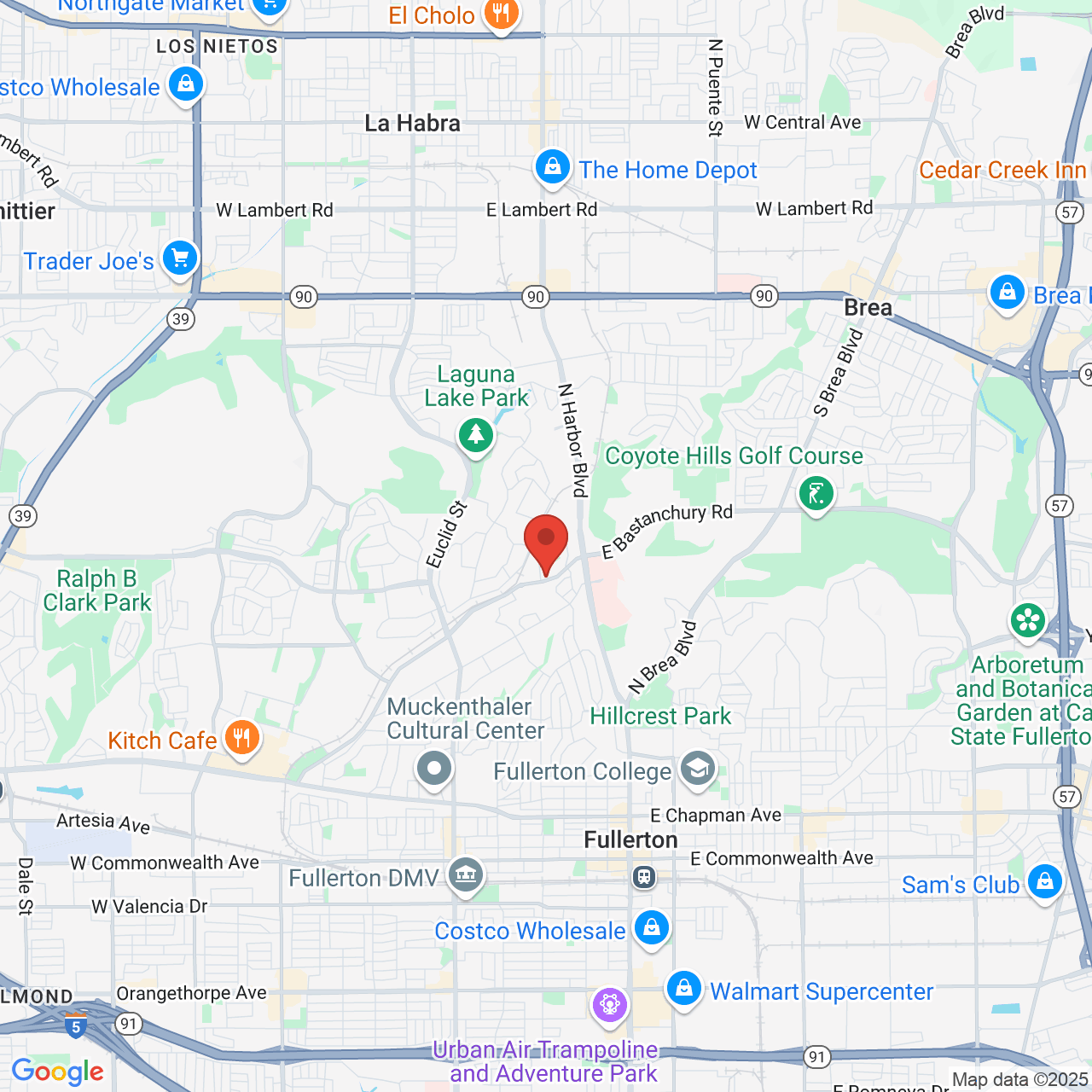Cystic Acne Treatment
 At Full Spectrum Dermatology, our goal is to help patients look great and have healthy skin in the process. Dr. William Baugh offers advanced cosmetic dermatology procedures that can work wonders for people suffering from sun damage, fine lines, uneven pigmentation, and various blemishes.
At Full Spectrum Dermatology, our goal is to help patients look great and have healthy skin in the process. Dr. William Baugh offers advanced cosmetic dermatology procedures that can work wonders for people suffering from sun damage, fine lines, uneven pigmentation, and various blemishes.
Many patients come to our Fullerton, CA center for state-of-the-art acne treatment. We’d like to take a moment to consider various options to treat and manage cystic acne. As you’re about to see, it’s much different from traditional outbreaks of acne.
What Is Cystic Acne?
A traditional pimple is caused by the clogging of a pore, but cystic acne is different. This type of acne goes deeper into the tissues of the skin, causing inflammation and irritation. Rather than acne with whiteheads, cystic acne is usually red, tender to the touch, and painful.
Cystic acne typically develops during a person’s teens or early 20, though it can also affect children and people in middle age. It can develop on different parts of the body, including the face, chest, back, upper arms, and shoulders.
What Causes Cystic Acne?
The exact cause of cystic acne has yet to be determined, but hormones (androgens) and genetics play a major role in its occurrence.
There’s been back and forth debate about the role of diet in the development of cystic acne, though there is no definitive evidence about the way sugary foods and oily foods contribute to the occurrence of this type of acne.
Cystic Acne and Scarring
Since cystic acne affects the deeper tissues of the skin, it can lead to serious problems with acne scarring and pockmarks if it is not treated properly. Given the nature of cystic acne, it’s crucial that you avoid popping cystic acne if it develops. Excessive touching or squeezing of this kind of acne will only make matters worse.
Ways of Preventing Cystic Acne
Before going to our Fullerton cosmetic dermatology center for professional care, it’s a good idea to consider some at-home treatments to manage your cystic acne.
Some people find that they can avoid serious cystic acne if they ice the irritated part of their skin for several seconds as they sense a flare up occurring. The ice will help constrict the small blood vessels of the skin, which will mean less redness and tenderness. Applying a hydrocortisone cream to the affected skin can also help manage the problem.
Since cystic acne is sometimes linked to anxiety, getting rest, a good night’s sleep, and trying to de-stress can make a major difference for prevention and management.
Antibiotics and Medications for Cystic Acne
For people who experience frequent flare ups of cystic acne, the best option for treatment is visiting a doctor for prescription oral antibiotics. This will help bring the deep infection of the skin under control.
Another effective treatment for all kinds of acne is isotretinoin, which was marketed under the name Accutane. This oral form of vitamin A helps target the infection and reduce the severity of future acne and cystic acne outbreaks.
Cosmetic Treatment for Acne Scars and Blemishes
If you develop scars, pits, and discoloration due to your cystic acne, you’ll need more than antibiotics, Accutane, and a good skin care regimen. It’s a good idea to visit our Fullerton cosmetic skin care center. We can develop a custom treatment plan to address your acne scars and other flaws, helping improve the health, appearance, and texture of your skin in the process.
Learn More About Treating Acne
To learn more about treating acne and improving your appearance, be sure to contact a skilled cosmetic dermatologist and skin care specialist. The team at Full Spectrum Dermatology is here to help. You can reach us by phone at (714) 879-4312.


